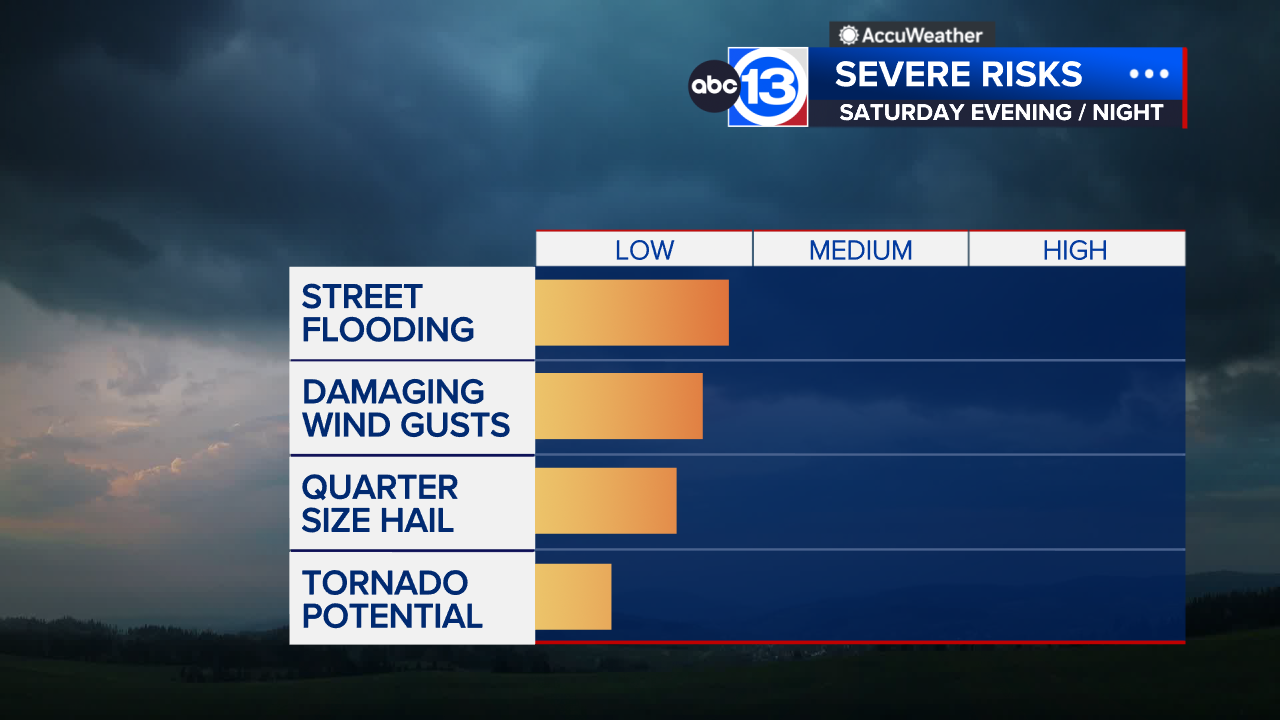Six decades of paying taxes on land, but she was 'taken advantage of'
HOUSTON (KTRK) -- An 84-year-old Louisiana woman and her family have been paying taxes on a swatch of Harris County land for six decades -- and only recently realized that on paper they never officially owned the land.
Harris County tax officials said that they believed the woman was "voluntarily" paying taxes on land she didn't own.
The story begins decades ago, when Edward Stewart bought two lots in northeast Houston in a subdivision that was then called Liberty Manor.
"My father-in-law bought the land in 1949," Mittie Stewart told Ted Oberg Investigates. "At first he was going to live here. But he got sick and went back to his home in Louisiana. After that he passed away."
The deal for the land was 'contract for deed.' That means the senior Stewart paid a little money every month for the property and when it was paid off he'd get the deed from the owners, D & H Land Company.
She and her husband continued to care for the lots year after year.
"We'd come out and clean it, cut the grass," Stewart said. "And we'd have people who cut the grass and everything."
And, of course, they paid their taxes to Harris County.
"We've paid taxes on this land every year," she said. "This year I paid $324 and 60-some cents."
Stewart has tax receipts showing her family paid the taxes on the lots going back to the very first year.
"I've got so many papers here I can't keep up with all of them," Stewart said.
She even paid fines for uncut grass twice in the last 35 years.
But the third time?
"They dropped the charges," she said.
Why?
"They said I didn't own the land," Stewart said. "They said I didn't own nothing."
Ted Oberg Investigates found she was right: Records show she didn't own the land she and her family paid taxes on for more than 60 years. The land is worth about $13,000 and Stewart sought out public officials to do the right thing.
Stewart went to tax assessor and asked for a refund.
She was told no and the official she spoke with in the tax assessor's office suggested she was volunteering to pay taxes on land that wasn't hers.
"She asked if I was volunteering to pay taxes," Stewart recalled. "I said, 'No. Why would I volunteer?'"
She tried to sell the lots, but the title company gave her the same bad news.
The title was still in the name of the original owner -- D & H Land Company -- and they went out of business years ago.
But look at who their last vice-president was when the company went out of business in 1955: Carl S. Smith.
That's a name likely familiar to old-time Houstonians. Smith was the Harris County Tax Assessor for 51 years, dying in office in 1998.
And he's the very guy who sent the tax bills to the Stewarts.
The tax rolls weren't computerized when the Stewarts entered the deal to buy the land, and there's no way to figure out how her family's name got on there if they didn't own it.
Officials with the Harris County Appraisal District said they don't know how it happened.
The current tax assessor said he doesn't know.
So Ted Oberg Investigates called the Houston Volunteer Lawyers looking for help for Stewart.
Cassie McGarvey with the Houston-based Sanders Willyard law firm stepped up to help her.
The case won't be easy, but she thinks she can provide Stewart a win in the next six to nine months.
"It is rare to see someone with this much documentation," McGarvey said of her new client.
McGarvey said she feels for Stewart.
"The frustrating thing about all of this is that this property has been in the family for over 60 years and they just got taken advantage of because this company, the way I look at it, just forgot about it or they just sort of moved on," McGarvey said. "She should have title to it. The family has had it forever."
McGarvey also said the problem the Stewarts are having is all too common.
"Across the board this is the problem with contracts for deed," McGarvey said. "Over the past nine years I've seen cases like this once a year."
And while the legislature recently tightened the rules to give buyers more protections in these kinds of deals, those protections aren't in place for those who purchased land this way before the new rules.
"You might have an unscrupulous seller, where the buyer might miss one payment and the seller will try to kick them out of the property," she said, speaking generally about sellers in 'contract for deed' deals. "A lot times they will lose all of their vested interest."
In addition, purchasing land this way is often done by those who don't have a lot of money on hand. That leads to a Catch-22 if they need legal help.
"A lot of time the buyers fall through the legal cracks," McGarvey said. "They don't qualify for legal aid, but don't make enough to actually afford an attorney. If you're in the middle ground, you're sort of lost."
While her new legal team works, Stewart is still paying her taxes.
She knows what happens the second she stops doing that: The tax man will wait for the inevitable.
She figures they're saying, "When it's time to put her in the ground and we will just take it then."
But she promises to wait 'em out.
"I am not ready to go until I get this straightened out," Stewart said.








